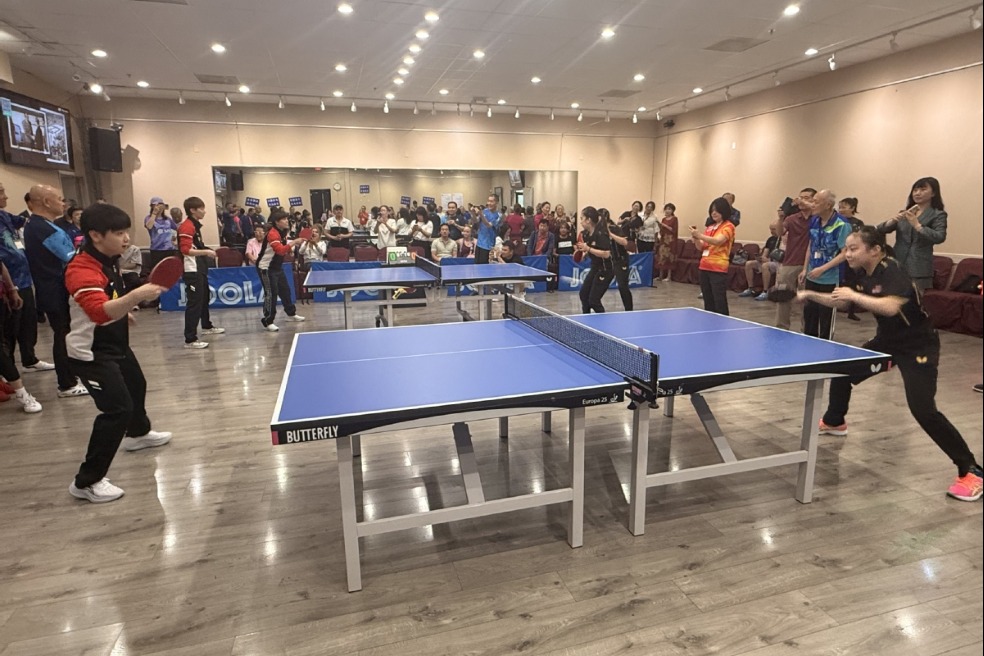Biodiversity and business: What can be learnt from the Sri Lankan tea industry

Organisational changes to facilitate biodiversity conservation
Traditionally, in tea plantation companies, organisational structures were arranged to facilitate operational and administrative tasks of the estates and the head office. However, many companies have now established separate departments to oversee environmental practices and comply with local regulations and certification guidelines. While some companies have established separate departments for compliance, others have added such responsibilities into the line manager's day-to-day job role. Therefore, an apparent change in the organisational structure for biodiversity management is taking place in plantation companies.
An emerging trend that many large tea plantation companies have embraced are internal green reporting systems. These systems accurately capture and report management-focused efforts and provide relevant information to guide decision making based on environmental indicators. Many companies use this information when preparing sustainability and integrated annual reports. On the other hand, companies also use product packaging as another means of communicating and promoting their environmentally-friendly practices.
Winning the support of a large workforce is a key to biodiversity conservation in the tea industry. To this end, many companies have taken steps to create awareness and educate employees on the importance of biodiversity conservation through training mechanisms. Furthermore, companies have taken other measures such as forbidding employees from hunting in estates and introducing alien species to the estate to reduce the human impact on biodiversity. In addition, these companies have taken measures to reduce soil erosion in commercial plantations, thus mitigating climate change.
Biodiversity conservation and business success
Conventionally, it has been presumed that there is no correlation between biodiversity conservation and business performance. However, current evidence reveals that many benefits can be obtained when tea planters adopt suitable initiatives for biodiversity conservation. For instance, these practices make companies more legitimate, ultimately creating access to better markets and prices.
On the other hand, these practices allow planters to develop new and more pristine products that can demand higher prices. This is due, primarily, to positive trends in global markets towards eco and biodiversity-friendly products. Organic fertiliser usage and integrated pest control and weed management systems also lead to considerable cost savings for tea companies. Furthermore, these biodiversity-friendly practices improve employee safety through reduced exposure to hazardous chemicals and herbicides.
The way forward
Sustainable development is a journey that requires the support of many stakeholders, including individuals, corporates, NGOs and governments. The biodiversity management practices of tea plantation companies demonstrate clearly how a winning strategy could be crafted while meeting different stakeholder interests.
Furthermore, the biodiversity management practices of plantation companies in Sri Lanka dispel the myth that businesses cannot contribute to sustainable development without hindering short/long term financial benefits. However, to discover this win-win situation, enterprises need to deploy resources using appropriate management strategies in the pursuit of sustainable development.
About authors:
Upekha Atupola graduated in accounting from University of Sri Jayewardenepura. He currently works as a freelance researcher while reading for his PhD at University of Colombo. Upekha is also an Associate Member of Chartered Institute of Management Accountants (CIMA) UK.
Dr. Nuwan Gunarathne, PhD, is a Senior Lecturer at University of Sri Jayewardenepura. His research focuses on corporate sustainability, sustainability accounting, integrated reporting and waste management in developing countries. He has published widely in national and international journals. Nuwan is also a committee member of the Environmental and Sustainability Management Accounting Network (EMAN) Asia Pacific (AP) and country representative of the Sri Lanka Chapter of EMAN-AP.

































